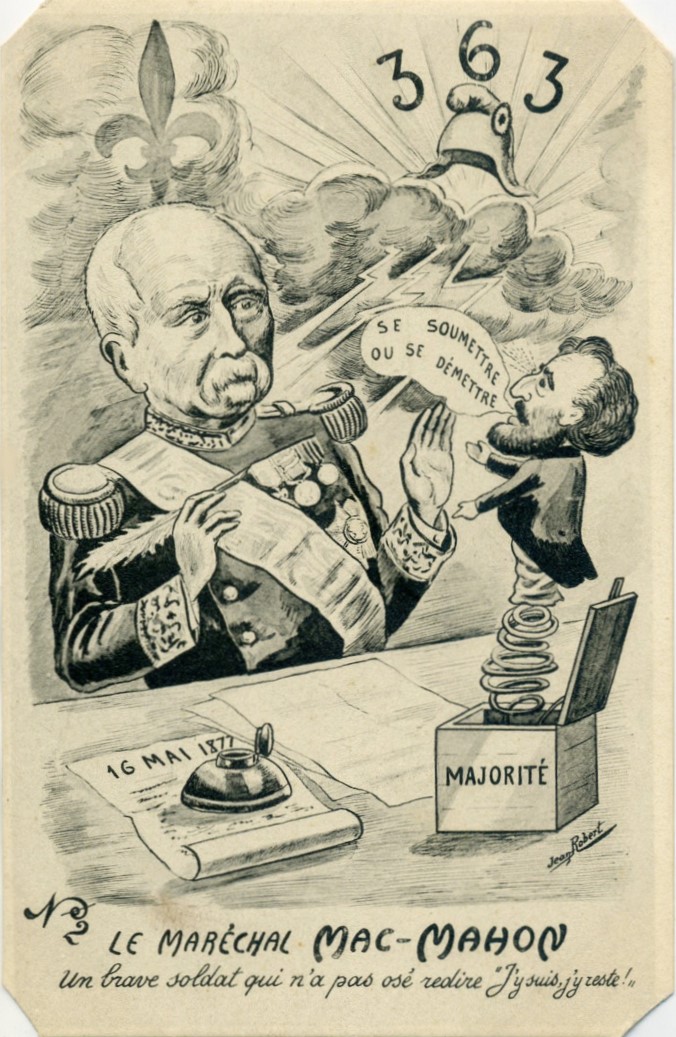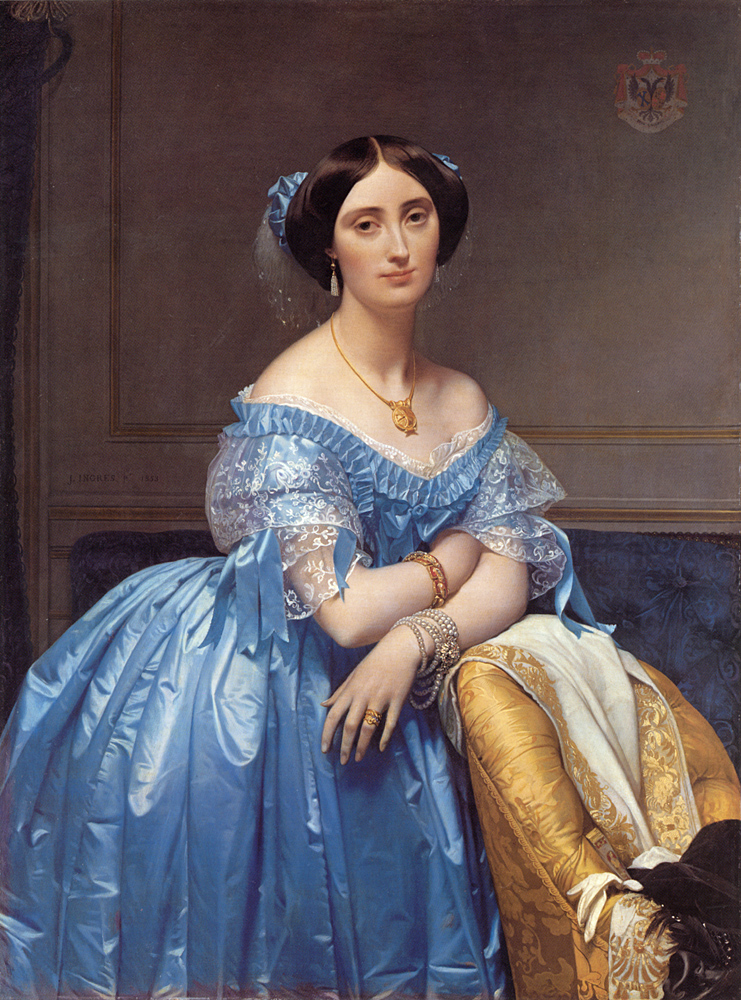|
Germain Casse
Eugène François Germain Casse (22 September 1837 – 9 December 1900) was a French journalist and agitator who opposed the Catholic Church and the government of the Second French Empire in newspapers and meetings, and was arrested and imprisoned several times for his activities. During the French Third Republic he represented Guadeloupe in the National Assembly from 1873 to 1876, and was then Deputy of Seine from 1876 to 1889. His views gradually moderated from the far left towards a more centrist position. After leaving office he served briefly as Governor of Martinique. Early years (1837–60) Eugène François Germain Casse was born on 22 September 1837 in Pointe-à-Pitre, Guadeloupe. His father was an artisan from Agen who moved to Guadeloupe as a young man and soon became wealthy. His mother was from one of the oldest families of the island. His father died a few weeks after Germain Casse was born. In 1850 he was sent to school in Sorèze, where he remained until 1857, and ... [...More Info...] [...Related Items...] OR: [Wikipedia] [Google] [Baidu] |
List Of Colonial And Departmental Heads Of Martinique
(Dates in italics indicate ''de facto'' continuation of office) Ancien regime and First Republic (1635-1794) British occupation (1794–1814) Restoration, Second Republic, Second Empire (1814–70) Third Republic (1870–1940) Fourth and Fifth Republics (1945-present) See also *Martinique *Politics of Martinique External linksWorld Statesmen - Martinique References [...More Info...] [...Related Items...] OR: [Wikipedia] [Google] [Baidu] |
La Marseillaise (1869 Newspaper)
''La Marseillaise'' (1869–70) was a French weekly newspaper created by Henri Rochefort. It was first published on 19 December 1869. The writing staff included Paschal Grousset, Arthur Arnould, Gustave Flourens, Jules Vallès and Victor Noir. The paper was headquartered in Paris Paris () is the capital and most populous city of France, with an estimated population of 2,165,423 residents in 2019 in an area of more than 105 km² (41 sq mi), making it the 30th most densely populated city in the world in 2020. S .... References * * 1869 establishments in France 1870 disestablishments in France Defunct newspapers published in France Defunct weekly newspapers Publications established in 1869 Publications disestablished in 1870 Weekly newspapers published in France Newspapers published in Paris {{france-newspaper-stub ... [...More Info...] [...Related Items...] OR: [Wikipedia] [Google] [Baidu] |
16 May 1877 Crisis
The 16 May 1877 crisis (french: link=no, Crise du seize mai) was a constitutional crisis in the French Third Republic concerning the distribution of power between the president and the legislature. When the royalist president Patrice MacMahon dismissed the Opportunist Republican prime minister Jules Simon, the parliament on 16 May 1877 refused to support the new government and was dissolved by the president. New elections resulted in the royalists increasing their seat totals, but nonetheless resulted in a majority for the Republicans. Thus, the interpretation of the 1875 Constitution as a parliamentary system prevailed over a presidential system. The crisis ultimately sealed the defeat of the royalist movement, and was instrumental in creating the conditions of the longevity of the Third Republic. Background Following the Franco-Prussian War, the elections for the National Assembly had brought about a monarchist majority, divided into Legitimists and Orleanists, which co ... [...More Info...] [...Related Items...] OR: [Wikipedia] [Google] [Baidu] |
Wallon Amendment
Henri-Alexandre Wallon (23 December 1812 – 13 November 1904) was a French historian and statesman whose decisive contribution to the creation of the Third Republic led him to be called the "Father of the Republic". He was the grandfather of psychologist and politician Henri Wallon. Early life Wallon was born at Valenciennes, Nord on 23 December 1812. Career Devoting himself to a literary career, in 1840 he became professor at the École Normale Supérieure under the patronage of Guizot, whom he succeeded as professor at the Faculté des Lettres in 1846. His works on slavery in the French colonies (1847) and on slavery in antiquity (1848; new edition in 3 vols., 1879) led to his being placed, after the Revolution of 1848, on a commission for the regulation of labour in the French colonial possessions, and in November 1849 he was elected to the Legislative Assembly by the department of the Nord. He resigned in 1850, disapproving of the measure for the restriction of the suffr ... [...More Info...] [...Related Items...] OR: [Wikipedia] [Google] [Baidu] |
Albert, 4th Duc De Broglie
Jacques-Victor-Albert, 4th duc de Broglie (; 13 June 182119 January 1901) was a French monarchist politician, diplomat and writer (of historical works and translations). Broglie twice served as Prime Minister of France, first from May 1873 to May 1874, and again from May to November 1877. Biography Albert de Broglie was born in Paris, France, the eldest son of Victor, 3rd duc de Broglie, a liberal statesman of the July Monarchy, and Albertine, baroness Staël von Holstein, the fourth child of Madame de Staël. He was therefore the great-grandson of Jacques Necker. After a brief diplomatic career at Madrid and Rome, upon the revolution of 1848 Albert de Broglie withdrew from public life and devoted himself to literature. He had already published a translation of the religious system of Leibniz (1846). He now at once made his mark by his contributions to the '' Revue des deux mondes'' and the Orleanist and clerical organ '. These, and other contributions, brought him the succe ... [...More Info...] [...Related Items...] OR: [Wikipedia] [Google] [Baidu] |
Marshal MacMahon
Marie Edme Patrice Maurice de MacMahon, marquis de MacMahon, duc de Magenta (; 13 June 1808 – 17 October 1893) was a French general and politician, with the distinction of Marshal of France. He served as Chief of State of France from 1873 to 1875 and as President of France from 1875 to 1879. MacMahon led the main French army in the war against the Germans in 1870. He was trapped and wounded at the Battle of Sedan in September 1870, in part because of his confused and indecisive strategic planning. The army, including MacMahon and Emperor Napoleon III, surrendered to the Germans. Thus France lost the war and the Emperor went into exile. After convalescing, MacMahon was appointed head of the Versailles Army, which suppressed the Paris Commune revolt in May 1871 and set the stage for his political career. MacMahon was a devout conservative Catholic, and a traditionalist who despised socialism and strongly distrusted the mostly secular Republicans. He kept to his duty as the neutra ... [...More Info...] [...Related Items...] OR: [Wikipedia] [Google] [Baidu] |
National Assembly (1871)
The National Assembly ( French: ''Assemblée nationale'') was a French legislative body elected on 8 February 1871 in the wake of the Armistice of Versailles signed on 26 January 1871 at the end of the Franco-Prussian War. It sat in Bordeaux until 20 March 1871, when it moved to the Palace of Versailles. The cabinets which issued from it governed France from 19 February 1871 to 31 December 1875. See also * Commune of Paris * French Constitutional Laws of 1875 The Constitutional Laws of 1875 were the laws passed in France by the National Assembly between February and July 1875 which established the Third French Republic. The constitution laws could be roughly divided into three laws: * The Act of 24 ... Sources * Bernard Noël, ''Dictionnaire de la Commune'', Flammarion, collection Champs, 1978 * Jean-Pierre Azéma et Michel Winock, ''Naissance et mort. La Troisième République'', Collection Pluriel, 1978 * Antoine Olivesi et André Nouschi, ''La France de 1848 à 1914'', ... [...More Info...] [...Related Items...] OR: [Wikipedia] [Google] [Baidu] |
Félix Pyat
Félix Pyat (4 October 1810 – 3 August 1889) was a French socialist journalist, playwright, politician and a leading figure of the Paris Commune. Biography He was born in Vierzon ( Cher), the son of a Legitimist lawyer. Called to the bar in Paris in 1831, he threw his whole energies into journalism. The violent personal attacks in a pamphlet entitled ''Marie-Joseph Chénier et le prince des critiques'' (1844), in reply to Jules Janin, brought him six months' sojourn in the Sainte-Pélagie prison, in the cell just vacated by Lamennais. In 1846 he edited the collected works of Claude Tillier in four volumes and wrote a detailed introduction to Tillier's biography and work.''Œuvres de Claude Tillier, précédées d’une introduction par M. Félix Pyat.'' 4 vols. Nevers: C. Sionest impr.-éditeur 1846. He worked with other dramatists in a long series of plays, with an interval of six years on the National, until the revolution of 1848. George Sand, whom he had introduced in 1830 ... [...More Info...] [...Related Items...] OR: [Wikipedia] [Google] [Baidu] |


